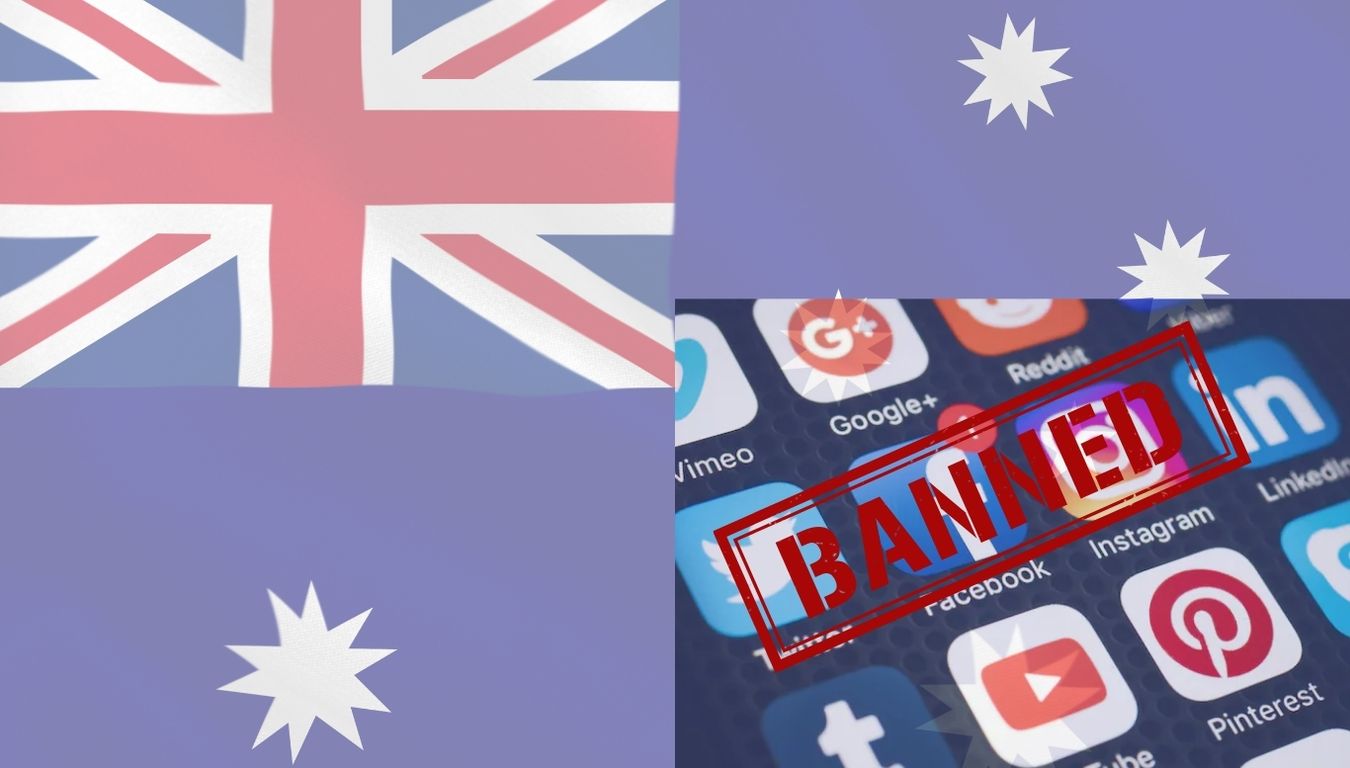TechJuice
3w
198

Image Credit: TechJuice
Australia Bans Social Media for Children Under 16 with New Law
- Australia has banned children under 16 from using social media, a move seen as one of the strictest targeting big tech while also being aimed at improving young people's mental health. Tech giants including Meta, owner of Facebook and Instagram, and TikTok face fines running to AUD49.5m ($32m) if they don't block minors from using their services. The ban will be imposed one year from now following testing in January. Australia is one of the first countries to take action against the potential harm that social media can cause to young people.
- Some other countries have introduced or indicated their intention to introduce minimum age laws for social media use, while some US states have rules that require parental permission for minors to access such platforms, but Australia's ban has been described as the strictest of its kind.
- The legislation remains controversial, with some child rights organisations and privacy campaigners opposing it, and scholars and youth advocacy groups also raising concerns that the measure might make already-vulnerable groups of young people more marginalised, but recent polls indicate that around 77% of Australians support the move.
- Meta, which earlier this month stressed it rated Australian law but was concerned about what it called a rushed process and how evidence and young people's voices had not been properly taken into account, is one of the tech companies that will be most affected by the ban. TikTok and YouTube are also set to be impacted by the new rules, while Snap, parent of Snapchat, has expressed concern but committed to complying with Australia's laws.
- Some of those who support young people's rights to privacy warn that the legislation could pave the way for heightened government monitoring, but an amendment to the bill now obliges platforms to offer users options other than uploading personal identification documents.
- Some have claimed that a complete ban will simply drive young people to more dangerous parts of the internet. Commenting on the move, Sarah Hanson-Young, a senator for the left-leaning Greens, claimed that 'boomers' were attempting to dictate how the internet should work, despite the fact that it risked making them feel better rather than helping young people.
- While the move remains controversial, it does represent an early example of what could become increasing regulation of social media and big tech companies, who are commonly accused of doing too little to tackle problems ranging from online hate speech to fake news. With elections looming or taking place in a number of countries over the next two years, it is possible that others will follow Australia's lead.
Read Full Article
11 Likes
For uninterrupted reading, download the app